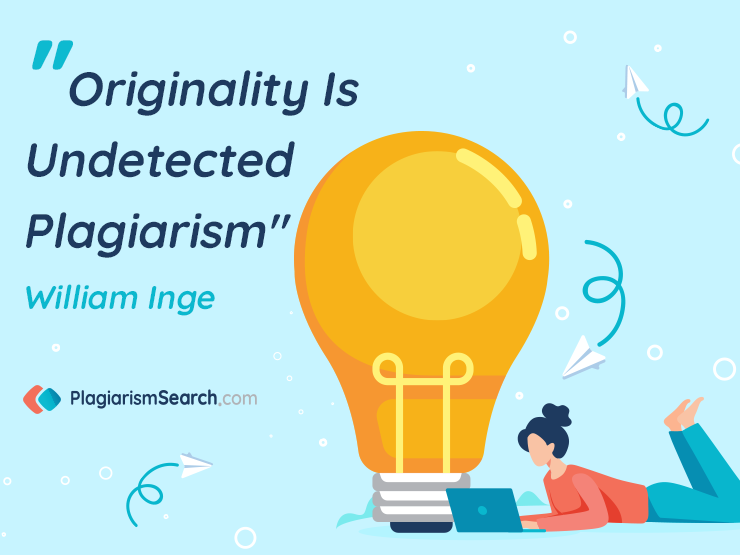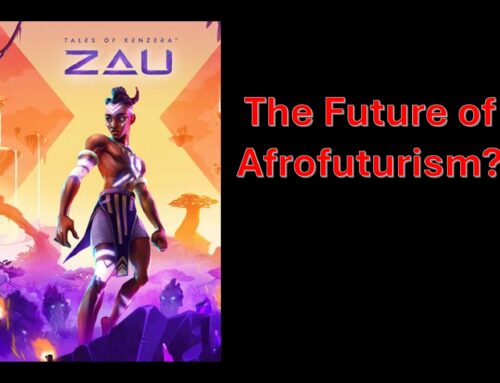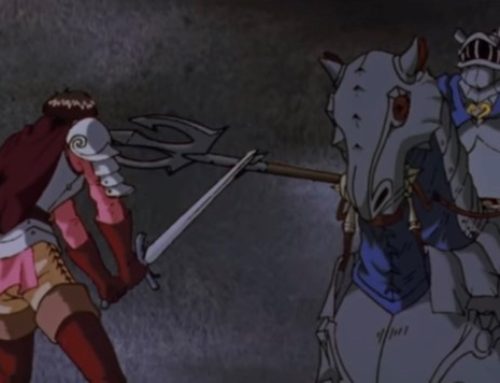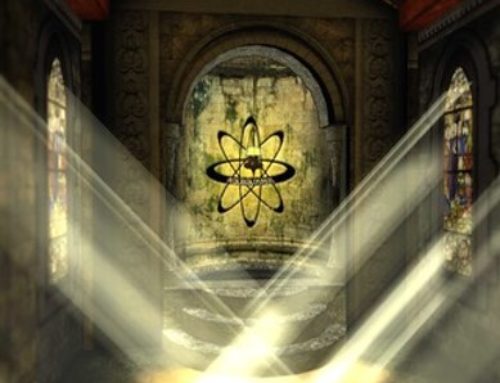Let me begin this article with an apology. I had every intent on posting a new video today, and Vegas Pro 20 just hasn’t been working this past week, and all my attempts to fix it have failed. So, while I had every intent of posting a new video today, it doesn’t look like it’s going to work. Please accept the following hastily written article as my way of saying sorry.
Recently, I was doing a book signing in a store, and a guy came up to me and told me that my book looked interesting, but he didn’t want to read it because he was trying to write his own book and he didn’t want to be influenced by any other works so he could be “original.”
This is a terrible idea. And yet, it’s one I see so often among aspiring writers these days.
There is a push today for people to try and be original. And with all of the terrible live-action remakes, reboots, cheap knock-offs, and obvious cash grabs, it’s easy to see why. People complain that there’s nothing original anymore, and there’s certainly truth to this, but there’s another side to this equation.
For starters, let’s get this out of the way: there’s no such thing as “true originality.” The elements of story structure are like the elements of the periodic table. You can arrange them in new ways, but you’re still working with the same original elements. All carbon-based life needs some ability to take in various gases and exhale waste components, and all stories will need to include certain components in order to work.
Does your story have a protagonist? Just like every other story out there?
Does your story have magic? Like most fantasy worlds? Does the magic have a system with rules that can be learned? That’s been done – it’s even called a “hard magic system.”
Does the magic not follow clear rules, and is only understood a little bit by a handful of mysterious wizards? That’s called a “soft magic system.”
Or do you have a magic system in which the magic changes how it works all the time, and only the creator’s pets get to use it to do things they want? That exists too, and it’s called bull$h!t.
You can apply this line of thinking to just about anything else: constructed worlds versus real-life drama, characters that follow specific tropes, political debates between structured government power versus individual freedom, the options are endless.
But before the complaints about soulless remakes grew into the insurmountable pile they are now, I remember one movie people actually sounded excited about seeing remade:
The Black Cauldron.
Most people agree that the Black Cauldron was a decent but failed attempt at making a genuinely heartfelt story, and if it were given a second chance by better creators with a better budget, it might actually become the classic it deserved to be. Unfortunately, that ship seems to have sunk now that the quality of Disney remakes has just gone straight downhill. Not like a rollercoaster, with occasional ups and further declines; just a straight, ugly drop into a bottomless pit.
But if people could be excited for a Black Cauldron remake, at least when they had hope that it could have been something good, that should tell you that there’s more to this than just a desire to see something original.
And I think the biggest problem I see with creators trying to be original is that they forget to be relatable. They forget to make stories that are applicable to the lives of their audience.
A story cannot be wholly original without being completely disconnected from reality. And a story like that can’t be meaningful to anyone who watches it. How can a story resonate with an audience if it’s unlike anything they’ve encountered before?
But let’s do an in-depth look at why originality isn’t what it’s cracked up to be.
Besides the issues I’ve already mentioned regarding relatability, have you ever tried to write a story with no influence from other media? Trying to be certain that you aren’t taking things from other books, shows, or movies?
Or, to put it another way, why do so many people write fanfiction if all “good writing” has to be original?
The answer is really simple: even though fanfiction, and stories built upon constructed worlds might not be “wholly original,” those stories still give us some kind of joy. Percy Jackson and the Olympians was a series that basically combined Harry Potter with Greek mythology, and people loved it. Before that, Harry Potter was the concept of a magical school mixed with the classic “lovable orphan protagonist” trope and a few other concepts you’ve already seen in other works.
And you might notice that all of these other works that are Frankenstein-ed together from other things have something in common: they all gave people a great deal of joy growing up. Sure, lots of people look back on Harry Potter and make fun of some of the contrived parts of the plot, or the fact that the magic system doesn’t make any sense, and especially the movies for having 2000s technology available but still never giving Harry a cellphone to communicate without being monitored by the Ministry of Magic. Book Harry didn’t have that problem, since the last book takes place in 1997. But when people were growing up with the series, no one cared about those questions while they were reading about Harry fighting a basilisk in the Chamber of Secrets, or about Percy and his friends getting trapped in the Lotus Spa Hotel.
That’s the funny thing about these stories that were cobbled together from old concepts and unoriginal ideas – they gave people joy. Many of them still managed to say something meaningful. Discworld is built around the idea that the old belief from Hinduism, that the world rests on the backs of four elephants which stand on a large turtle, is true, and the entire world of the disc runs largely on playing with, deconstructing, reconstructing, and lampooning classic tropes like city guards, witch covens, D&D mechanics, etc. By definition, any attempt to deconstruct, parody, or explore a previously-used trope means using a previously seen trope, and yet the Discworld series wouldn’t be half as good if it didn’t explore these ideas.
But if all of this is true, then why do so many people complain whenever Disney produces another shameless remake that Disney should just make new movies? Why did people complain that Elemental was a boring, soulless flick about racism that we’d all seen before? Why do people complain about a lack of originality and an excess of cliches at all?
You might say “because these remakes and unoriginal movies aren’t any good,” and sure, that’s probably part of it. But why would the complaints be so specifically tailored to the subject of originality? Ignoring the Black Cauldron, why would so many people claim to be upset that nothing Hollywood makes is new anymore?
The answer here isn’t just about quality. In a vacuum, Elemental wasn’t bad. It was cliché, but it wasn’t a poorly written film. And funnily enough, there were actually a number of new ideas in it. The portrayal of earth elementals as trees instead of rock monsters, for example, was something I had never seen before. But what the film really lacked was creativity, and the difference is that while originality focuses on producing something that has never been seen before, creativity focuses on making something new that is also useful in some way. Elemental failed at this because none of the points or story notes they tried to make had any new use, offered any new way of looking at the world, or any novel ideas people could implement in their own lives.
There’s probably a lot more I could say about this, and I might come back to the issue in the future. As soon as I can get my video software working again, I’ll post the video I’ve been working on regarding why so many creators, both inside the mainstream and out, seem incapable of creating anything good.
And let’s be honest, if Disney ever does remake the Black Cauldron, they’d make Taran black.





